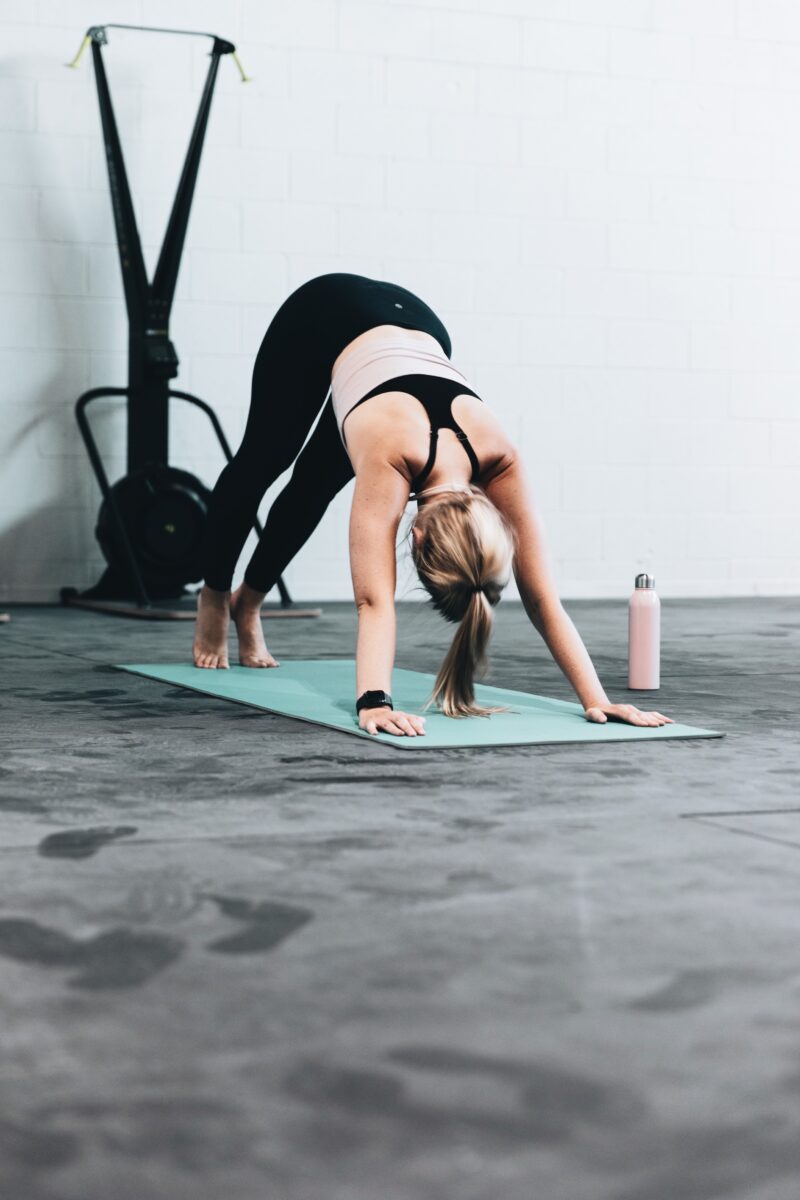Playing any kind of sport is great for us. It releases happy hormones, keeps us in shape, increases blood flow, helps us to prevent serious health conditions – and it’s usually a great social experience too!
However, if you don’t properly prepare for a sports event or practice, you may find yourself with some nasty aches, pains and twinges – or even an injury that could prevent you from being active for some time.
In this article, the team at Freedom Sports Medicine offers some advice on how to get ready for sport so as not to risk any of these setbacks.
Find the Right Kit and Equipment
The first step in sports self-care is to make sure you’re using suitable stuff. Make sure that your trainers fit, nothing rubs or chafes, and that you have all the right protective gear.
For combat sports, rugby, hockey and a range of other high contact activities, you may need a mouthguard, a helmet, gloves, shin pads or other protective gear.
If you’re playing on grass, you might require studded boots.
You should also make sure that any apparatus or equipment you have is of good quality and in full working order.
Stretch
Some sports may involve sudden movements, long periods of cardio, physical impact and heavy exertion of the joints and muscles.
Without proper stretching, this can lead to tendon, ligament or muscle damage, including tears and sprains. To prevent this, it’s important to thoroughly stretch every part of your body that you’ll be using during a practice or game.
You can find helpful videos online to guide you through this, or – if you’re part of a group or team – you could nominate a different person each session to lead a series of thorough stretching exercises.
Warm-Up
A proper warmup can also help to reduce the risk of injury – and may prevent breathing and heart rate issues – by gradually increasing blood flow, getting the lungs pumping and raising body temperature to make the muscles more supple and less prone to damage.
It also prompts the body to release the right hormones and to ramp up the process of energy production, making exercise feel a little easier.
Hydrate
Your body needs proper hydration while undertaking strenuous exercise. Be sure to drink plenty of water before, during and after playing any sport in order to prevent dehydration and overheating.
It can also help to combat muscular cramping and will prevent you from feeling tired and sluggish.
Recover and Maintain
Sport can be great fun – but you need to make sure that you rest properly between sessions. Constantly high levels of physical exercise can wear at the joints and muscles and may cause long-term damage.
In order to thoroughly heal and recover, you’ll need a day off from strenuous activity at least once per week. Be sure that you eat a diet rich in proteins, fibres and a range of vitamins and minerals to help repair and build tired muscles and joints.
You might also want to attend myotherapy sessions or undergo regular massage and other treatments at a good sports therapy centre. This will make sure you stay in top form and help you in the day to day prevention of injury.
All of our treatments are usually combined with an exercise plan that can include strengthening and conditioning exercises and self-release techniques that you can do at home. It will be created to meet your individual needs and goals. The treatment plans that we give our patients are goal-based to help you stay on track and so that you can get guidance every step of the way. The overall aim is to empower patients to take charge of their health so that there are long-lasting results, and you can get back to living your best life.
You can also book an appointment with our expert podiatrists in Bayswater at your convenience. As well as our podiatrist in Bayswater, our physiotherapist in Bayswater is also available for appointments at your convenience.
Freedom Sports Medicine offers regular sessions to help clients perform to the best of their ability and keep doing what they love. For further information, contact us today.
